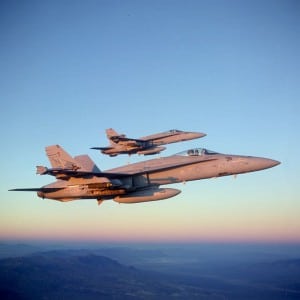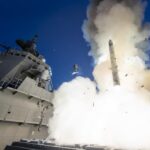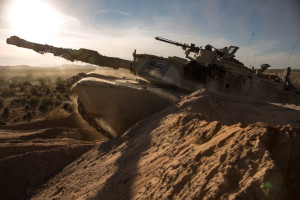
The Canadian government on Tuesday released a final request for proposals (RFP) for 88 new aircraft to replace its aging fleet of CF-18 Hornets. The RFP was released by Public Services and Procurement Canada (PSPC) and was sent to Sweden’s Saab, offering the Gripen E; Airbus, offering the Eurofighter Typhoon; Lockheed Martin [LMT], pitching the F-35; and Boeing [BA], bidding the F/A-18 Super Hornet. The Canadian government said the suppliers have until spring 2020 to submit their initial proposals. PSPC…

 By
By 











